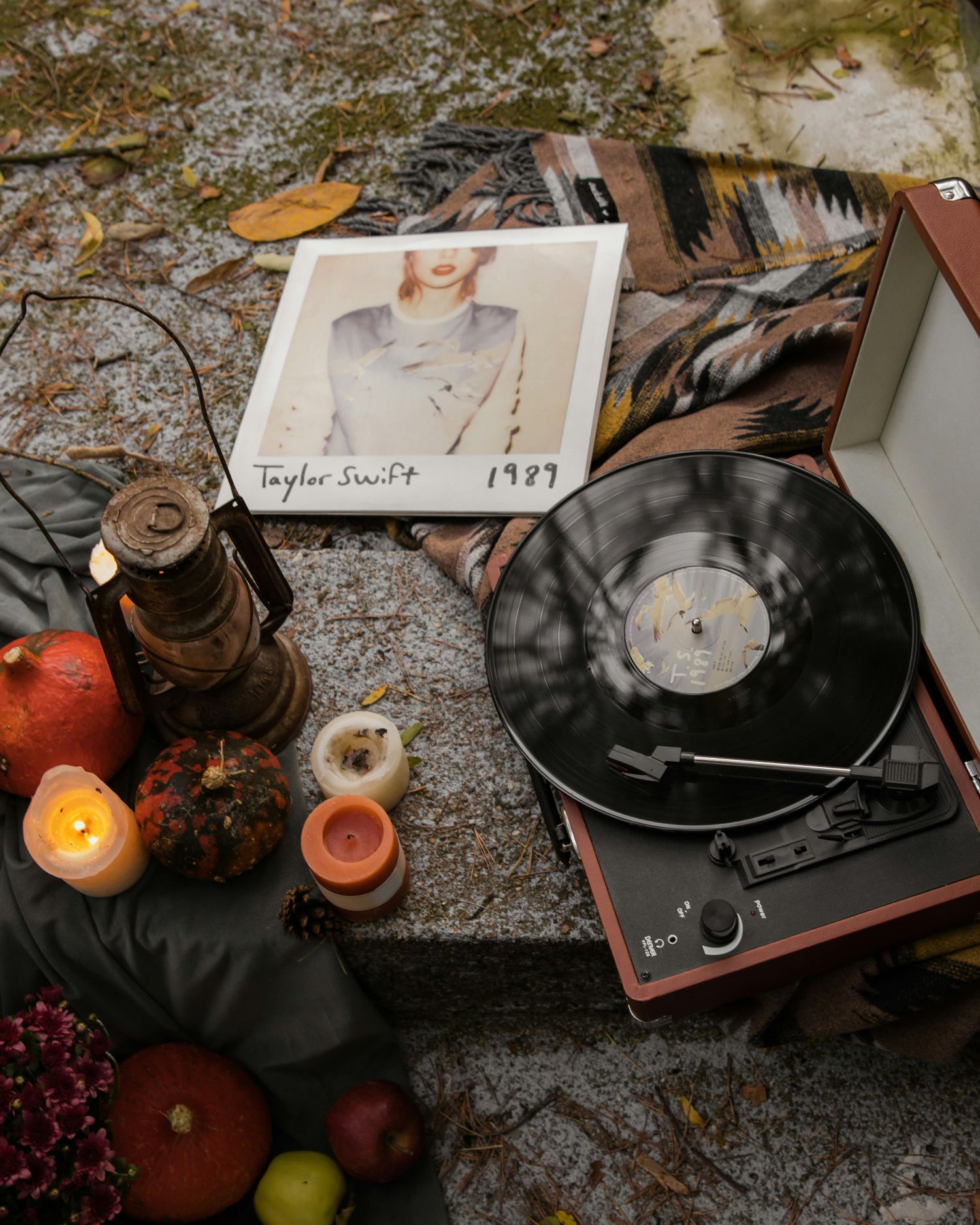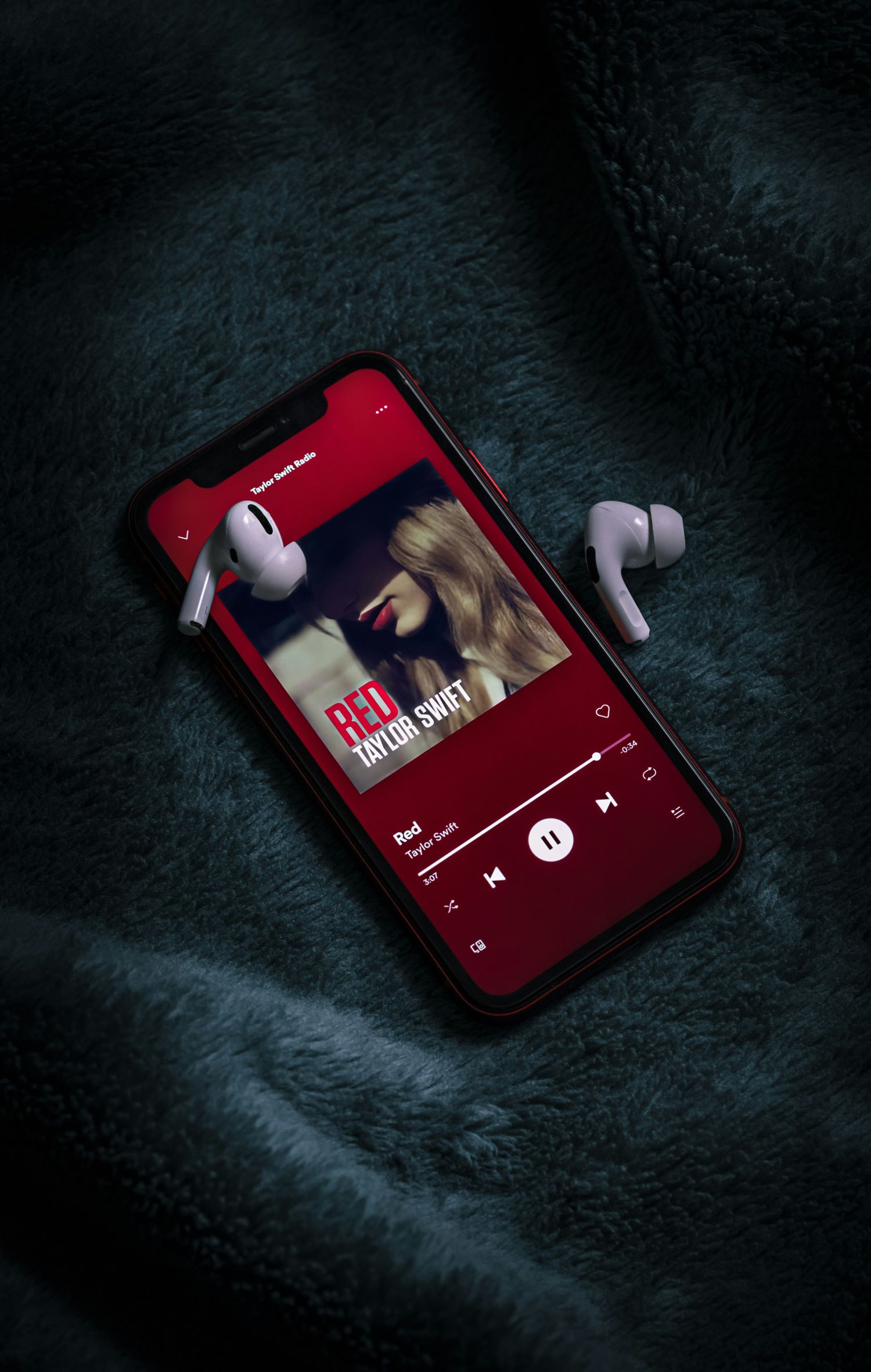The internet is buzzing with the Taylor Swift AI pictures that are both unethical and unlawful. Swifties are criticizing the production and distribution of these pictures, and you know how it goes; once it gets uploaded to the internet, especially social media platforms like X, there is no going back.
This incident underscores a broader conversation about the power and potential misuse of AI-generated imagery, commonly known as deepfakes. As we delve into the heart of this controversy, we must confront the reality of how swiftly AI technology can be weaponized against individuals, infringing on their rights and dignity. The ethical implications of such advancements in AI are profound and multifaceted, challenging us to reevaluate the intersection of technology, law, and morality in the digital era.

Taylor Swift AI pictures controversy sparked fury
In a recent disturbing event, Taylor Swift became a victim of artificial intelligence (AI) deepfake imagery. These Taylor Swift AI pictures, which portrayed her in explicit and offensive ways, have ignited a storm of anger among her fanbase, widely known as Swifties. The pictures, which began circulating on X (formerly Twitter) on Wednesday night, represent a gross violation of Swift’s privacy and dignity.
The exact origin of these images remains a mystery, but their impact is undeniable. This controversy highlights a growing trend in the digital world where AI art, once a niche technology, is now easily accessible and increasingly used for malicious purposes. The outrage among Swift’s fans is not just about the images themselves but also about the broader ethical implications of AI and its potential for exploitation and harm.
Meet Google Lumiere AI, Bard’s video maker cousin
Taylor Swift AI going crazy
Swifties have taken to the digital battleground in full force. In response to these offensive images, they’ve started a movement on the same platform where the controversy began. By flooding the ‘Taylor Swift AI’ trending topic with unrelated posts, they aim to bury the issue. Their actions are more than just digital noise; they reflect deep-seated support for Swift, who has unwillingly become the face of this worrying trend in AI misuse.
Taylor Swift AI pictures are surely unethical and her fans are once again protecting her, just like any other day. Swift is one of the most popular artists in the world right now, and she obviously has a huge fan base. what is even better is that Swifties are known for being protective of their favorite artists in the world. That is why the criticism of Taylor Swift AI pictures is huge on social media, as it should be.

Are deepfakes illegal?
According to WH Partners, The European Union is addressing the challenges posed by AI-generated deepfakes with the proposed Artificial Intelligence Act (AI Act). This legislation doesn’t outright ban deepfakes but mandates creators to disclose when content is artificially manipulated. However, enforcing this act, especially against creators outside the EU and those operating in a personal capacity, presents significant challenges.
Additionally, the General Data Protection Regulation (GDPR) plays a role, as deepfakes often use personal data like images and voices. Under GDPR, creating such content requires the subject’s consent. But in practice, applying GDPR to fight against deepfakes is complicated, with the main issue being the identification of anonymous creators.
The Digital Services Act (DSA) allows individuals to report potentially illegal content, including deepfakes, to online platforms, which are then responsible for addressing these reports. However, the DSA’s approach is more reactive, dealing with content after it’s created, and there’s ambiguity about what is considered ‘illegal’ content. While there are legal frameworks in place, their effectiveness is limited by enforcement challenges, making it crucial for users to remain cautious and discerning about the digital content they encounter.
Many companies restrict deepfakes to prevent scandals like the Taylor Swift AI pictures, for example, Meta’s Stable Signature, but there are also stools that are made specifically for this matter.
AI-created deepfake Biden calls target voters
Taylor Swift AI photos
Regarding the AI-generated images of Taylor Swift, it’s crucial to emphasize that these photos are unethical and tread in a legally grey area. Therefore, we choose not to lead our readers to these images. While they may be found across the internet, it’s important to consider the moral and legal implications of viewing and sharing such content. These deepfakes serve as a stark reminder of the darker side of AI technology and the urgent need for responsible usage and stringent regulations.
As we navigate this new digital era, upholding respect for individual privacy and dignity is vital.
Featured image credit: Rosa Rafael/Unsplash





